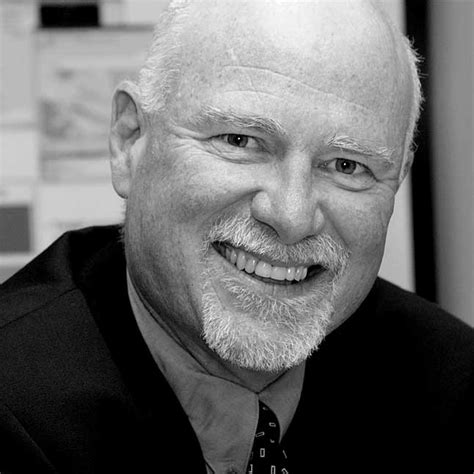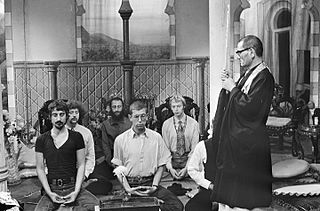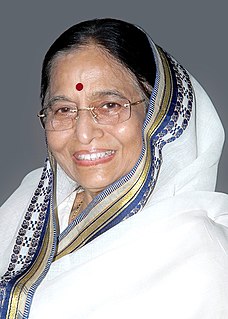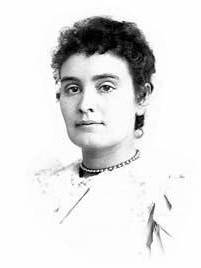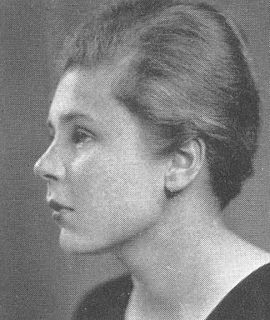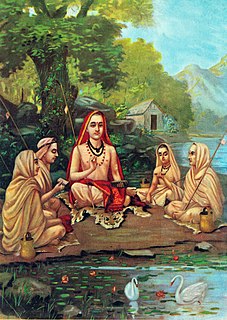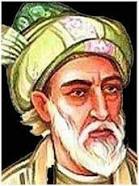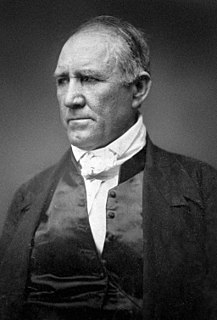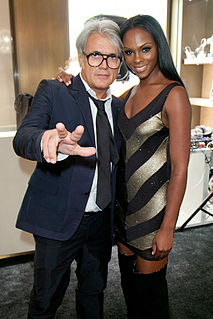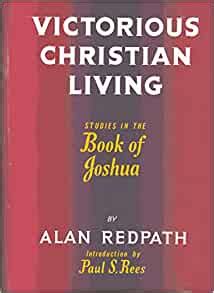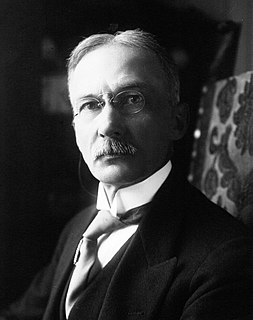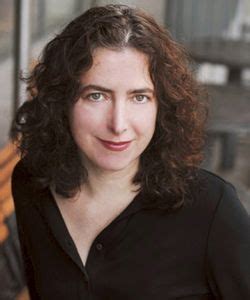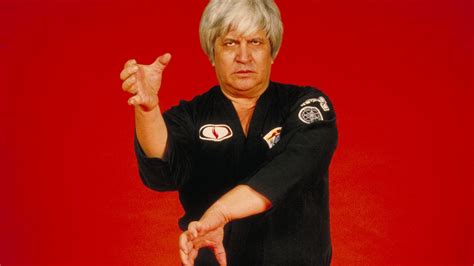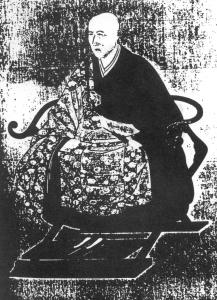Top 1200 Incomplete Knowledge Quotes & Sayings - Page 16
Explore popular Incomplete Knowledge quotes.
Last updated on April 21, 2025.
Nobody today is normal, everybody is a little bit crazy or unbalanced, people's minds are running all the time. Their perceptions of the world are partial, incomplete. They are eaten alive by their egos. They think they see, but they are mistaken; all they do is project their madness, their world, upon the world. There is no clarity, no wisdom in that!
But knowledge does not protect one. Life is contemptuous of knowledge; it forces it to sit in the anterooms, to wait outside. Passion, energy, lies: these are what life admires. Still, anything can be endured if all humanity is watching. The martyrs prove it. We live in the attention of others. We turn to it as flowers to the sun.
Therefore only through education does one come to be dissatisfied with his own knowledge, and only through teaching others does one come to realize the uncomfortable inadequacy of his knowledge. Being dissatisfied with his own knowledge, one then realizes that the trouble lies with himself, and realizing the uncomfortable inadequacy of his knowledger.
Teachers have told us across the country that what's severely outdated is the teacher at the front of the classroom as the font of knowledge, because as we know, access to knowledge and information is now ubiquitous. So instead, teachers want to help students learn how to think so that they can be lifelong learners.
None of us, remember, knew that 9/11 was gonna happen. We didn't live in a state of anxiety and fear about Osama Bin Laden. The CIA might have, and they failed to prevent it. But the general public didn't have any knowledge. Now we have knowledge of it, and it's a very clear and present danger in our lives.
Intellect begins with the observation of nature, proceeds to memorize and classify the facts thus observed, and by logical deduction builds up that edifice of knowledge properly called science? But admittedly we also know by feeling, and we can combine the two faculties, and present knowledge in the guise of art.
People don't have an ongoing relation unless it's a form of debt because everything is an exchange, so ongoing relationships are incomplete exchanges, and therefore one party is probably to blame - more likely than not, both are. Sociality itself seems to become like a matter of sin, and inherently wrong.
We also use our imagination and take shortcuts to fill gaps in patterns of nonvisual data. As with visual input, we draw conclusions and make judgments based on uncertain and incomplete information, and we conclude, when we are done analyzing the patterns, that out picture is clear and accurate. But is it?
Hire and promote first on the basis of integrity; second, motivation; third, capacity; fourth, understanding; fifth, knowledge; and last and least, experience. Without integrity, motivation is dangerous; without motivation, capacity is impotent; without capacity, understanding is limited; without understanding, knowledge is meaningless; without knowledge, experience is blind. Experience is easy to provide and quickly put to good use by people with all the other qualities.
It is a matter of great satisfaction to me to hope that my children will be in circumstances to receive a good education. Mine was defective and I feel the inconvenience, if not the misfortune of not receiving a classical education. Knowledge is the food of genius, and my son, let no opportunity escape you to treasure up knowledge.
Here is something you have to understand about stories: They point you in the right direction but they can't take you all the way there. Stories are crescent moons; they glimmer in the night sky, but they are most exquisite in their incomplete state. Because people crave the beauty of not-knowing, the excitement of suggestion, and the sweet tragedy of mystery.
I found myself desiring and knowing less and less, until I could say in utter astonishment: "I know nothing, I want nothing." Earlier I was sure of so many things, now I am sure of nothing. But I feel I have lost nothing by not knowing, because all my knowledge was false. My not knowing was in itself knowledge of the fact that all my knowledge is ignorance, that "I do not know" is the only true statement the mind can make....I do not claim to know what you do not. In fact, I know much less than you do.
Because of its concrete content, sense-certainty immediately appears as the richest kind of knowledge, indeed a knowledge of infinite wealth for which no bounds can be found, either when we reach out into space and time in which it is dispersed, or when we take a bit of this wealth, and by division enter into it. Moreover, sense-certainty appears to be the truest knowledge ... but, in the event, this very certainty proves itself to be the most abstract and poorest truth. All that it says about what it knows is just that it is; and its truth contains nothing but the sheer being of the thing.
The most valuable thing a teacher can impart to children is not knowledge and understanding per se but a longing for knowledge and understanding, and an appreciation for intellectual values, whether they be artistic, scientific, or moral. It is the supreme art of the teacher to awaken joy in creative expression and knowledge. Most teachers waste their time by asking questions that are intended to discover what a pupil does not know, whereas the true art of questioning is to discover what the pupil does know or is capable of knowing.





